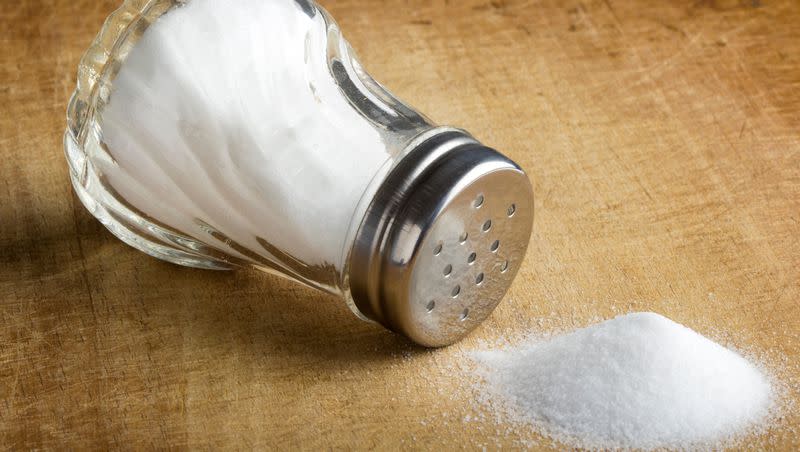WHO predicts millions dying by 2030 due to high sodium intake

Seven million people could be at risk of dying of diseases caused by uncontrolled sodium intake by 2030, according to a recent study by the World Health Organization.
The first-of-its-kind report tracked the progress countries made when they applied public policies to reduce sodium, using a scale of 1 to 4. The higher number indicates satisfactory policy completion.
Only nine countries (Uruguay, Chile, Brazil, Lithuania, Czech Republic, Mexico, Saudi Arabia, Spain and Malaysia) scored a 4. The other 194 countries that had pledged to lower sodium intake 30% by 2030 are behind schedule.
“The world needs action, and now, or many more people will experience disabling or deadly— but preventable — heart attacks and strokes,” said Dr. Tom Frieden, president and CEO of nonprofit organization Resolve to Save Lives.
Related
WHO recommends 5 grams of sodium daily, but the average person eats at least twice that amount, according to its website. The report said that heart diseases and strokes take about 3 million lives a year, so enforcing sodium-reduction policies could save millions of lives.
Less salt
CNN reported, “WHO called on countries to implement interventions related to sodium, including reformulating processed foods to contain less salt, establishing policies to limit sodium-rich foods in public institutions and including front-of-package labeling that helps consumers select products lower in sodium.”
The international health agency released global benchmarks in over 60 food categories, helping countries to regulate sodium reduction practices aligned with health goals set ahead of time.
Said Frieden, “Access to affordable, healthy foods is critically important for all people in every country,” adding that “these global benchmarks are an important first step.”
Related
“WHO calls for the rapid implementation of government-led and comprehensive mandatory sodium-reduction policies and other measures to improve health and reduce the burden of noncommunicable diseases,” the study said.
Utah and salt
Sodium itself is not what’s bad, but the level at which people consume it. The human body needs some sodium.
According to Harvard’s T.H. Chan School of Public Health, “The human body requires a small amount of sodium to conduct nerve impulses, contract and relax muscles, and maintain the proper balance of water and minerals. It is estimated that we need about 500 milligrams of sodium daily for these vital functions. But too much sodium in the diet can lead to high blood pressure, heart disease, and stroke. It can also cause calcium losses, some of which may be pulled from bone.”
Nor is food the only use for salt, which plays an important role in Utah, both past and present. Utah’s public radio production “Wild About Utah” said, “The Great Salt Lake itself contains about 4.5 billion tons of salt.” That salt is used for melting ice on roadways, salt-lick blocks for livestocks, and multiple metal and paper industries.

